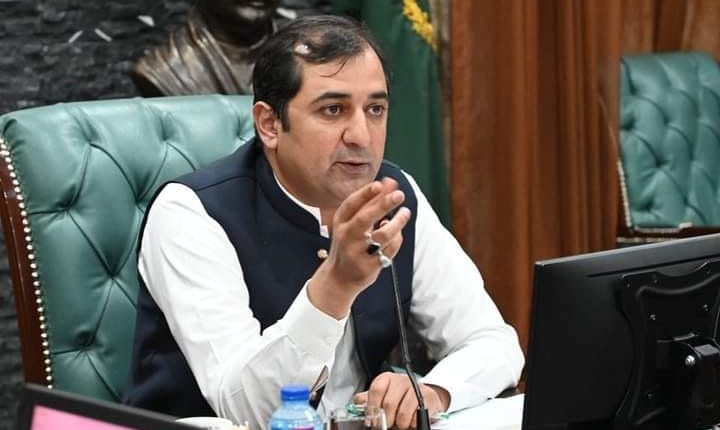CM Gilgit-Baltistan Disqualified for Holding Fake Degree, PTI Leader Faces Legal Consequences

In a significant development, Chief Minister (CM) Khalid Khurshid Khan of Gilgit-Baltistan, a prominent member of the Pakistan Tehreek-e-Insaf (PTI) party, has been disqualified by the Gilgit-Baltistan Chief Court. The CM stands accused of obtaining a license from the GB Bar Council based on a fraudulent degree, leading to his removal from office.
The disqualification decision was made by a panel of three judges comprising Judge Malik Anayatur Rehman, Judge Johar Ali, and Judge Mohammad Mushtaq, after carefully reviewing the evidence presented before them.
The disqualification stemmed from a petition filed against CM Khurshid, submitted by Ghulam Shahzad Agha, a member of the Gilgit-Baltistan Assembly representing the Pakistan Peoples Party (PPP). Agha questioned the authenticity of Khurshid’s law degree, invoking the constitutional provisions of Articles 62 and 63 as the basis for disqualification.
The petitioner’s legal counsel, Amjad Hussain, asserted that the CM’s degree had not been duly verified by the University of London and had been declared fraudulent by the Higher Education Commission (HEC).
To expedite the legal proceedings, Chief Judge Ali Baig constituted a larger panel on May 29, instructing them to hold daily hearings and reach a verdict within a span of 14 days.
In addition to the disqualification decision, the court has also sought responses from relevant authorities including the HEC, the CM himself, the GB Bar Council, and the Election Commission of Pakistan (ECP). This indicates the court’s commitment to thoroughly examine all aspects of the case and ensure a fair and just resolution.
The disqualification of a Chief Minister due to a fake degree raises concerns about the integrity and transparency of political leadership. It underscores the importance of upholding educational standards and verifying the credentials of individuals holding public offices.
As the legal proceedings continue, the political landscape in Gilgit-Baltistan may witness significant changes, with implications for the governance and leadership in the region.
